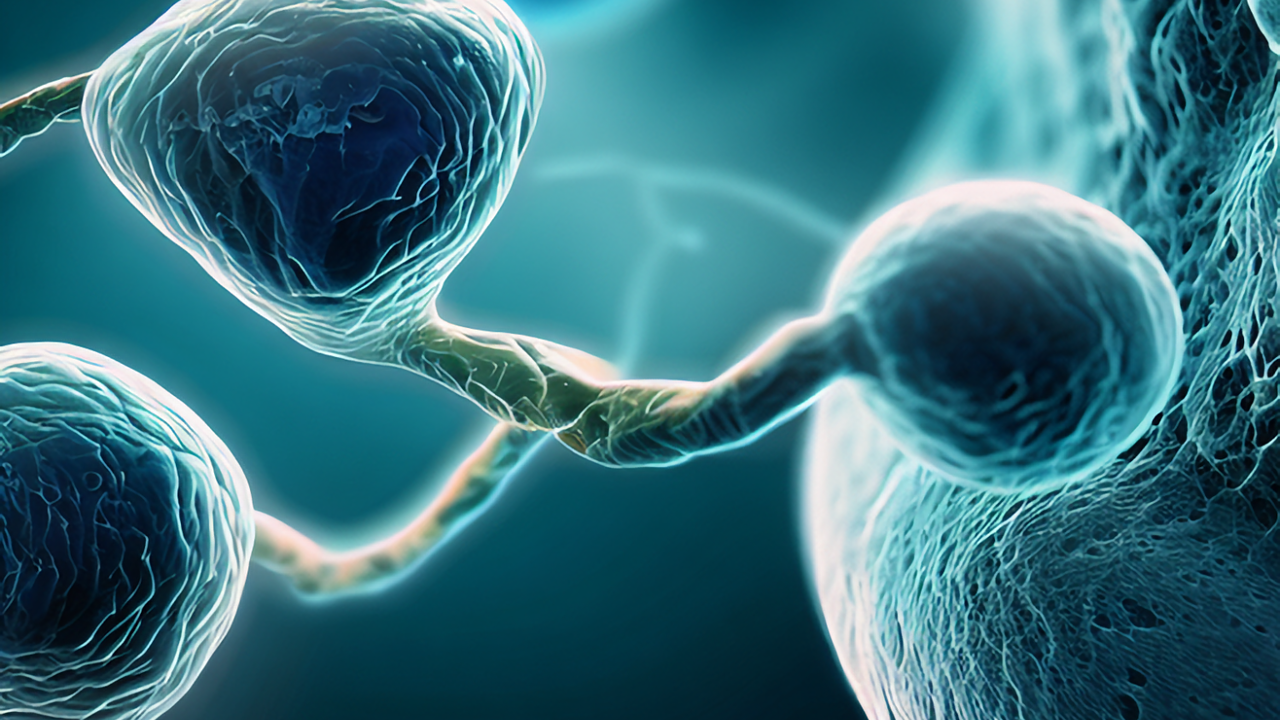Living organisms contain genetic mechanisms that control various cell functions, including cell reproduction and aging. Scientists are working to create artificial genetic mechanisms that do not interfere with the normal functioning of cells.
As a result, they were able to create a genetic “pendulum” that extends the lifespan of yeast cells.
The key role in cell aging is played by the enzyme Sir2 and the HAP protein complex, which regulates gene activity. Researchers have found that over time these molecules interact with each other, leading to cell deterioration and aging.
To slow aging, the scientists created a feedback loop between Sir2 and HAP that causes the levels of both molecules to increase periodically.
Such a “genetic clock” increased the lifespan of cells by 82% by preventing processes that led to loss of regulation of cellular structures. This is significantly higher than other long-lived yeast strains.
Source: Ferra
I am a professional journalist and content creator with extensive experience writing for news websites. I currently work as an author at Gadget Onus, where I specialize in covering hot news topics. My written pieces have been published on some of the biggest media outlets around the world, including The Guardian and BBC News.











